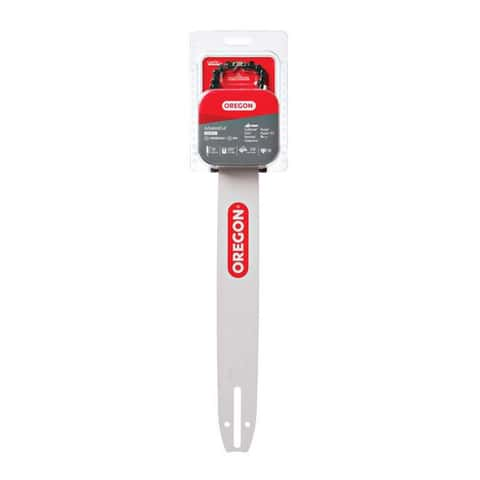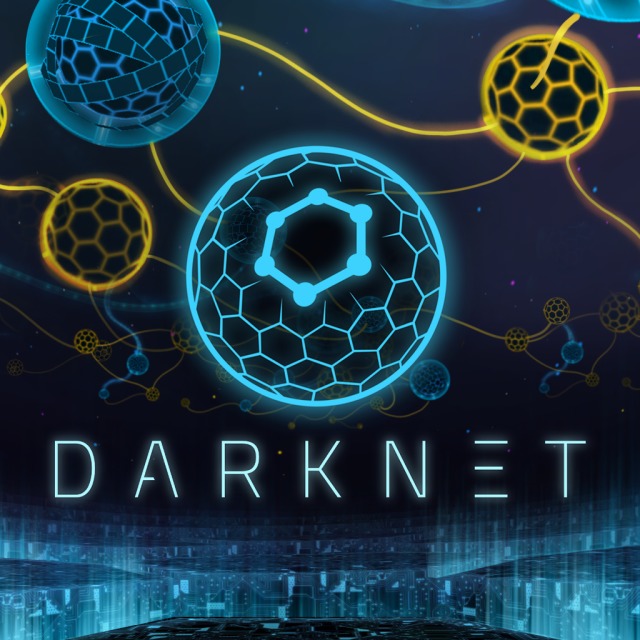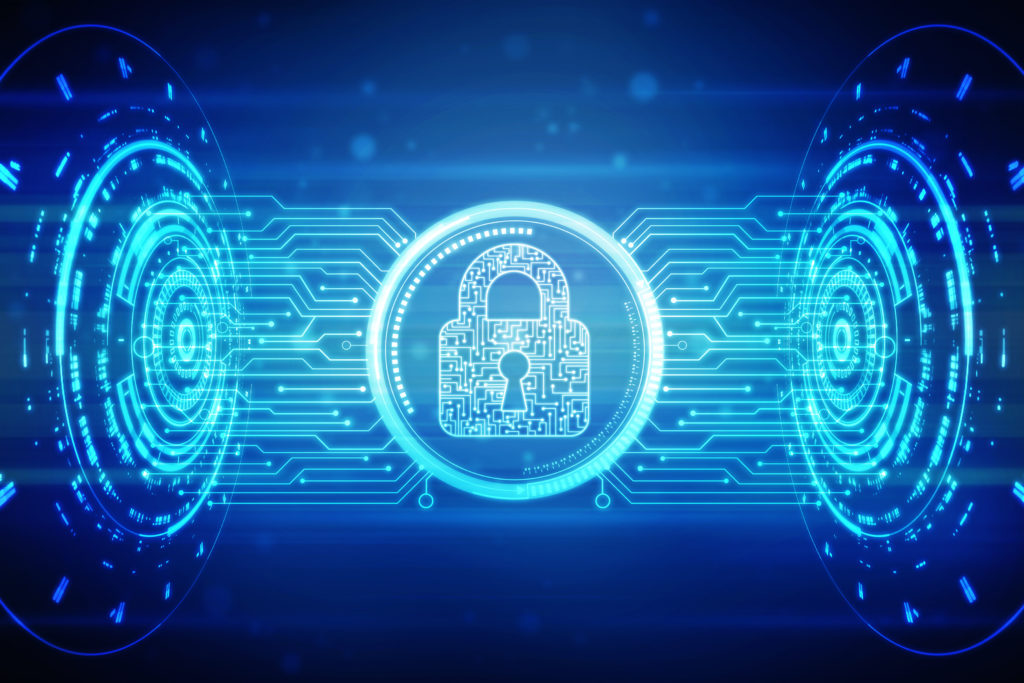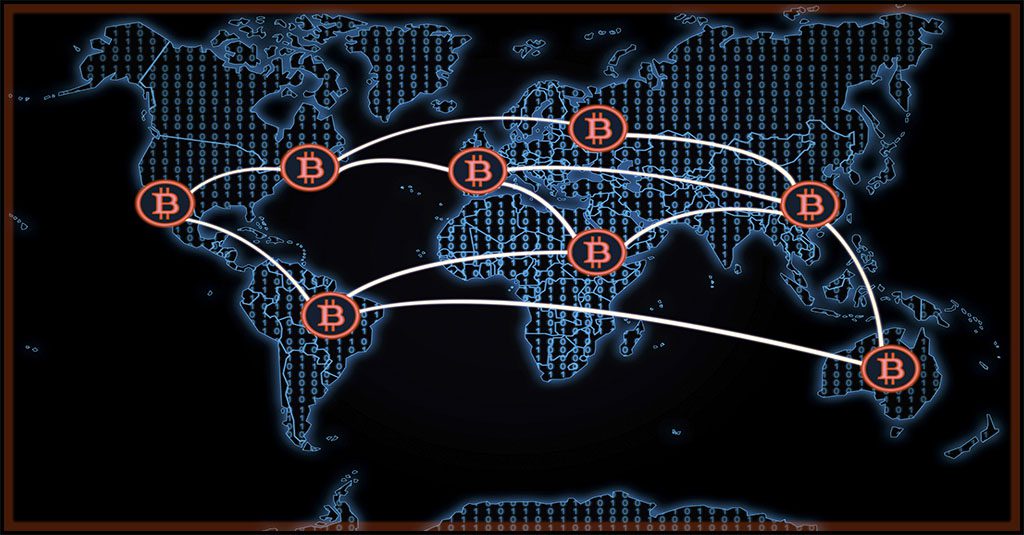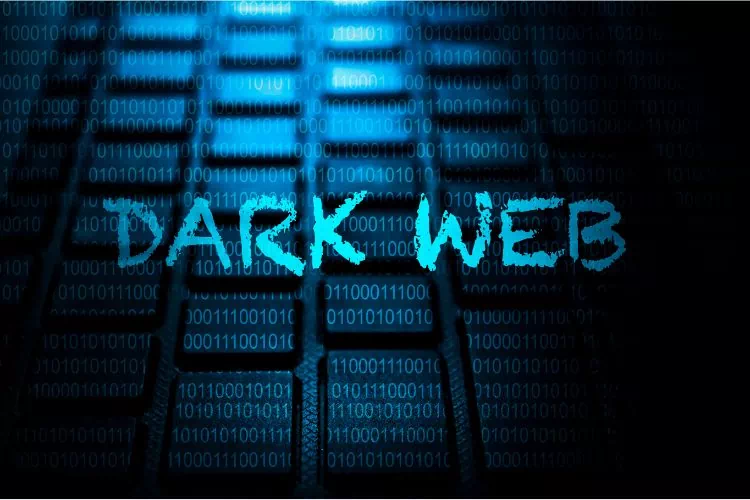Discover Heights Lumber & Supply’s Top Father’s Day Gifts for the Handy Dad
Father’s Day is just around the corner, and Heights Lumber & Supply in Harker Heights, TX, has curated a collection of the best gifts for every type of dad. From power tools to grills, these gifts are perfect for the dad who loves to build, fix, and grill. Visit our store to find the perfect gift and make this Father’s Day one to remember. Check out the full range of products at Heights Lumber & Supply.
Andy Curtis, Owner of Heights Lumber & Supply, shares, “We take pride in offering a wide range of high-quality products that cater to the needs of both professional contractors and DIY enthusiasts. Our selection for Father’s Day is no exception, ensuring that every dad can find the perfect tool or accessory to suit their needs.”
STIHL MS 250 18 in. 45.4 cc Gas Chainsaw
The STIHL MS 250 chainsaw is perfect for dads who enjoy outdoor work. Known for its reliability and performance, this chainsaw is ideal for clearing tasks and cutting small limbs and trees. It features an exceptional power-to-weight ratio and includes user-friendly features like an easy-access air filter cover and a Master Control Lever.
“This chainsaw is a game-changer for those who tackle firewood processing or need a reliable tool for yard maintenance,” says Curtis.
Oregon AdvanceCut 27857 16 in. Bar and Chain Combo
This bar and chain combo is perfect for the occasional user looking for a low-vibration, low-kickback experience. It’s easy to maintain and compatible with various chainsaw brands, ensuring versatility and performance.
“A must-have accessory for any chainsaw owner, providing durability and ease of use,” notes Curtis.
EGO Power+ Peak Power SNT2114 Snow Blower Kit
This powerful snow blower is perfect for dads in snowy regions. It combines two EGO 56V ARC Lithium batteries to deliver gas-like performance without noise or fumes, clearing a 16-car driveway on a single charge.
“This snow blower offers the convenience of cordless power with impressive performance,” Curtis explains.
DEWALT 20V MAX Grabo Lifter
For the dad who handles construction materials, this lifter offers a lift capacity of up to 265 lbs. It’s equipped with a powerful electric vacuum pump and a digital pressure gauge for enhanced control.
“A versatile tool for lifting heavy materials effortlessly, making it a valuable addition to any toolkit,” Curtis advises.
Weber Slate Rust-Resistant 3 Burner Outdoor Griddle
This outdoor griddle is perfect for the dad who loves to cook outdoors. With features like a pre-seasoned cooktop and a digital display for monitoring temperature, it ensures consistent cooking.
“A great option for dads who enjoy grilling and outdoor cooking,” Curtis adds.
ACE HDPE Wheelbarrow
This durable wheelbarrow is designed for strength and ease of use, featuring a rust-resistant poly tray and dual pneumatic tires for smooth maneuverability.
“An essential tool for any dad who enjoys gardening or yard work,” suggests Curtis.
Craftsman 4 gal Corded Wet/Dry Vacuum
This compact vacuum is perfect for small projects and home cleaning tasks, offering the power of a larger vacuum in a portable design.
“Ideal for dads who need a reliable and versatile vacuum for various tasks,” Curtis recommends.
Weber Genesis SA-E-330 Gas Grill
This exclusive gas grill is perfect for the dad who loves outdoor cooking, offering legendary quality and performance with features like the PureBlu burner system for even heat distribution.
“A top choice for any grilling enthusiast, offering exceptional results,” Curtis highlights.
EGO Power+ 3200 PSI Pressure Washer
This powerful pressure washer offers up to 3200 PSI and a maximum flow rate of 2.0 GPM, perfect for dads who need a reliable tool for cleaning various surfaces.
“An excellent choice for tackling tough cleaning tasks with ease,” Curtis advises.
Traeger Woodridge Wood Pellet Grill
This wood pellet grill is perfect for dads who enjoy wood-fired flavor, offering user-friendly controls and WiFIRE technology for remote monitoring.
“A versatile grill for dads who love experimenting with different cooking styles,” Curtis notes.
For all things Ace Hardware, please visit acehardware.com.

